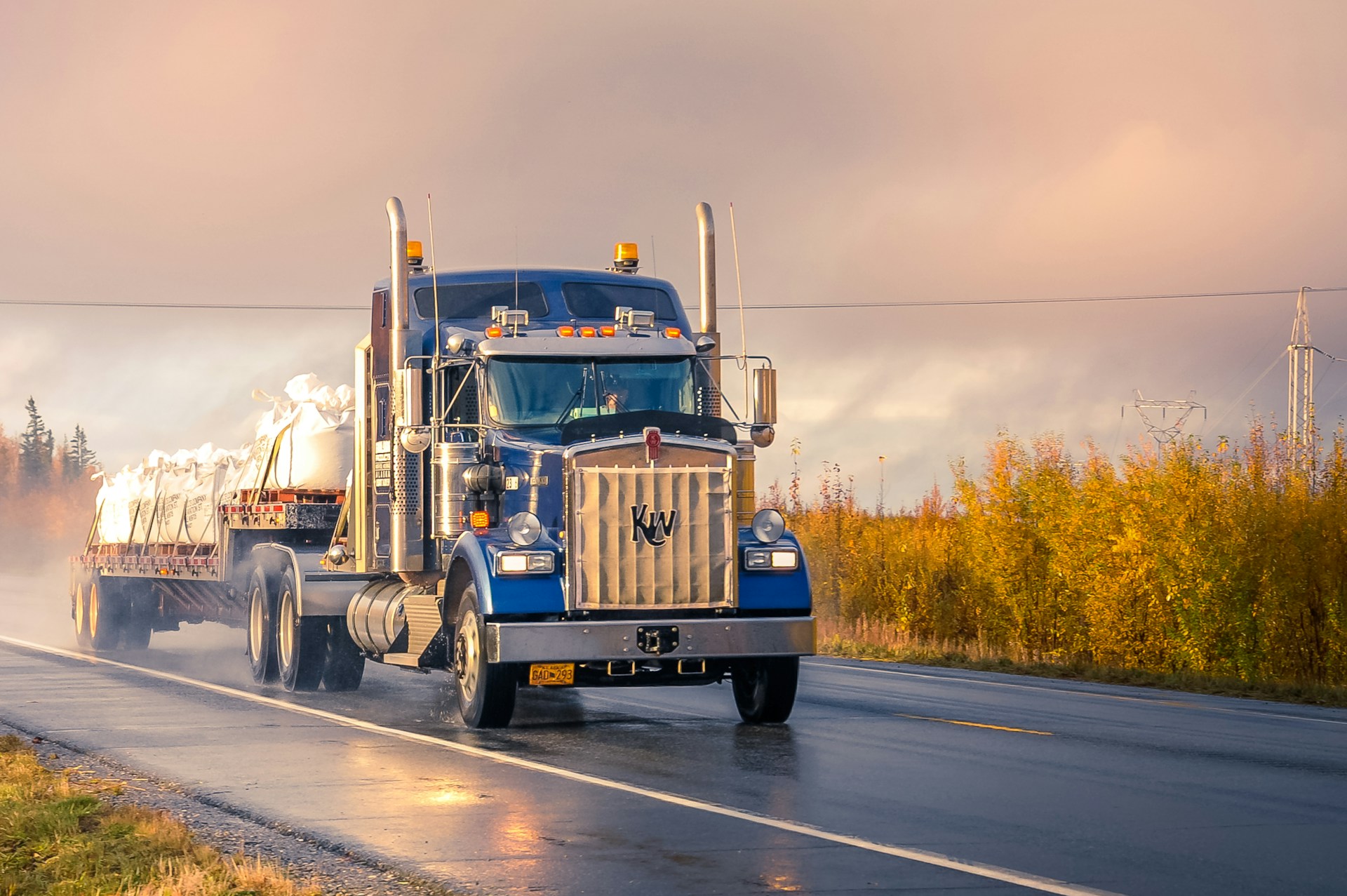Commercial trucks are an essential part of the global supply chain, transporting goods across vast distances every day. The safety and reliability of these trucks are critical not only for the timely delivery of goods but also for ensuring the safety of all road users. One of the most significant aspects of commercial trucking safety is the proper securement of cargo. Improperly secured cargo poses severe risks, leading to truck accidents, injuries, and even fatalities.
Contents
What is Properly Secured Cargo?
Properly secured cargo refers to the use of specific methods and equipment to ensure that the goods being transported in a commercial truck remain stationary throughout the journey. The Federal Motor Carrier Safety Administration (FMCSA) sets stringent guidelines and standards for cargo securement to prevent accidents caused by shifting or falling loads. Proper cargo securement involves using various tools and techniques, such as tie-downs, straps, tarps, chains, and load bars, to stabilize the cargo. These measures help to keep the cargo in place, regardless of the truck’s movements, ensuring the safety of both the driver and other road users.
Risks and Dangers of Improperly Secured Cargo
Improperly secured cargo can lead to numerous hazards on the road. One of the most significant risks is the potential for accidents. When cargo is not properly secured, it can shift during transit, causing the truck to become unbalanced. This imbalance can result in rollovers, jackknife accidents, or even collisions with other vehicles. Additionally, unsecured cargo can fall off the truck, creating road debris that poses a danger to other drivers.
How Improperly Secured Cargo Affects Road Safety
The impact of improperly secured cargo extends beyond the immediate risk of accidents. A truck accident attorney in Murfreesboro explained that when cargo shifts or falls off a truck, it creates hazardous conditions for other drivers. Swerving to avoid fallen debris or sudden braking can lead to collisions and pile-ups. In some cases, cargo that spills onto the road can cause secondary accidents, such as when hazardous materials are involved. Spilled fuel, chemicals, or other dangerous substances can lead to fires, environmental damage, and long-term health risks for those exposed.
Moreover, when a truck’s cargo is not secured properly, it can cause the driver to lose control of the vehicle. If the cargo shifts unexpectedly, the truck may become unbalanced, making it difficult for the driver to steer, brake, or maneuver safely. This loss of control can lead to rollovers, jackknife accidents, or the truck veering into oncoming traffic, all of which pose significant threats to road safety.
Legal and Financial Consequences for Trucking Companies
Trucking companies that fail to properly secure cargo face serious legal and financial repercussions. The FMCSA and other regulatory bodies impose strict penalties on companies that violate cargo securement regulations. These penalties can include hefty fines, suspension of operating licenses, and increased scrutiny from regulatory agencies. Additionally, trucking companies may be held liable for damages in the event of an accident caused by unsecured cargo. This liability can extend to covering medical expenses, property damage, legal fees, and compensation for pain and suffering.
Recognizing Potentially Hazardous Situations on the Road
Drivers, whether truckers or regular motorists, should be vigilant about recognizing potentially hazardous situations involving commercial trucks. Signs of improperly secured cargo include visible shifting of the load, loose or flapping tarps, or uneven distribution of weight that causes the truck to lean. Additionally, any debris falling from a truck or cargo spilling onto the roadway is a clear indication that the cargo is not properly secured.
To stay safe on the road, drivers should maintain a safe following distance from trucks, especially if they notice any signs of improperly secured cargo. This distance provides additional reaction time in the event of sudden braking or debris falling from the truck. If a driver spots a potentially hazardous situation, it is advisable to safely change lanes or pull over to avoid driving directly behind or beside the truck. This caution is especially important in high-speed or high-traffic situations, where the potential for accidents is greater.
Drivers who notice a commercial truck with improperly secured cargo should report it to the appropriate authorities, such as the highway patrol or local police. Many states have dedicated hotlines for reporting unsafe driving or hazardous conditions. When reporting, providing the truck’s license plate number, company name (if visible), and location is essential. Taking these steps can help prevent accidents and protect all road users from potential harm.
Staying Safe
Properly secured cargo in commercial trucks is not just a regulatory requirement but a critical safety measure that protects everyone on the road. The dangers of unsecured cargo are numerous, ranging from minor incidents, like debris falling onto the roadway, to major accidents that result in serious injuries or fatalities. For trucking companies, the legal and financial consequences of accidents caused by improperly secured cargo can be severe, including costly fines, lawsuits, and damage to reputation.




